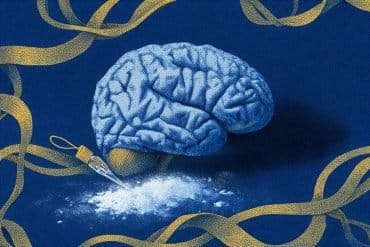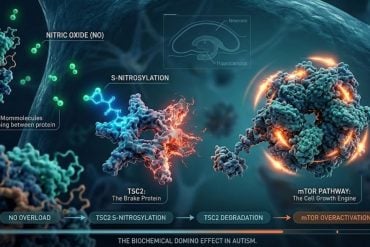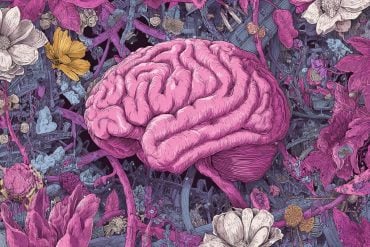Summary: Researchers have discovered that psilocybin, a psychedelic compound in magic mushrooms, increases optimism and motivation in rats, suggesting potential therapeutic benefits for treating depression. Using computational modeling, scientists observed that rats given psilocybin were more likely to engage in reward-based tasks, indicating enhanced optimism.
This long-lasting effect on behavior may offer clues into how psilocybin addresses core symptoms of depression, such as low engagement and apathy. These findings are a promising step toward understanding the mechanisms of psychedelics, with implications for treating mental health disorders in humans.
Key Facts
- Psilocybin-treated rats showed increased optimism and motivation for tasks.
- Study suggests psilocybin may alleviate depression symptoms like apathy and withdrawal.
- Findings highlight the potential of psilocybin as a novel approach to mental health treatment.
Source: Monash University
Monash University researchers have made a breakthrough in the study of psychedelics to treat disorders including major depression, demonstrating that rats given psilocybin exhibit increased optimism over time.
Psilocybin is a psychedelic compound found in magic mushrooms that has shown promise as a novel treatment for depression. However, the information processing mechanisms affected by psilocybin are not well understood.
Now, a cross-disciplinary team at Monash University has used computational modeling to demonstrate that rats given psilocybin display long-lasting, increased optimistic behavior to perform reward-based tasks.
The findings, published in Translational Psychiatry, suggest psilocybin may be helpful for addressing the core symptoms of major depression and other conditions characterized by reduced engagement and withdrawal.
Monash Ph.D. candidate Elizabeth (Beth) Fisher led the study, working with Professor Jakob Hohwy from the Monash Center for Consciousness and Contemplative Studies (M3CS) and Dr. Claire Foldi from the Monash Biomedicine Discovery Institute.
Professor Hohwy says the results are a promising step toward explaining the mechanisms of how psychedelics may work to change the brain and increase engagement after treatment.
“Our team found that rats given psilocybin were more motivated to explore their environment and perform reward-based tasks.
“These exciting results show the mechanisms of how psilocybin may work to increase optimism in an animal model, which we hope may translate to humans as well.”
Fisher said that the study should motivate confirmation of these effects in human studies, adding, “Insights into the mechanisms of psilocybin allow us to unpack who may benefit from psychedelic therapies as well as who these treatments may not be beneficial for.
“With many people around the world affected by depression, our ultimate goal is to help build understanding of how psilocybin might be used to treat core symptoms people experience, such as diminished optimism, apathy and withdrawal from the world around them.”
About this psychopharmacology and optimism research news
Author: Michelle Robertson
Source: Monash University
Contact: Michelle Robertson – Monash University
Image: The image is credited to Neuroscience News
Original Research: Open access.
“Psilocybin increases optimistic engagement over time: computational modelling of behaviour in rats” by Elizabeth L. Fisher et al. Translational Psychiatry
Abstract
Psilocybin increases optimistic engagement over time: computational modelling of behaviour in rats
Psilocybin has shown promise as a novel pharmacological intervention for treatment of depression, where post-acute effects of psilocybin treatment have been associated with increased positive mood and decreased pessimism.
Although psilocybin is proving to be effective in clinical trials for treatment of psychiatric disorders, the information processing mechanisms affected by psilocybin are not well understood.
Here, we fit active inference and reinforcement learning computational models to a novel two-armed bandit reversal learning task capable of capturing engagement behaviour in rats.
The model revealed that after receiving psilocybin, rats achieve more rewards through increased task engagement, mediated by modification of forgetting rates and reduced loss aversion.
These findings suggest that psilocybin may afford an optimism bias that arises through altered belief updating, with translational potential for clinical populations characterised by lack of optimism.








